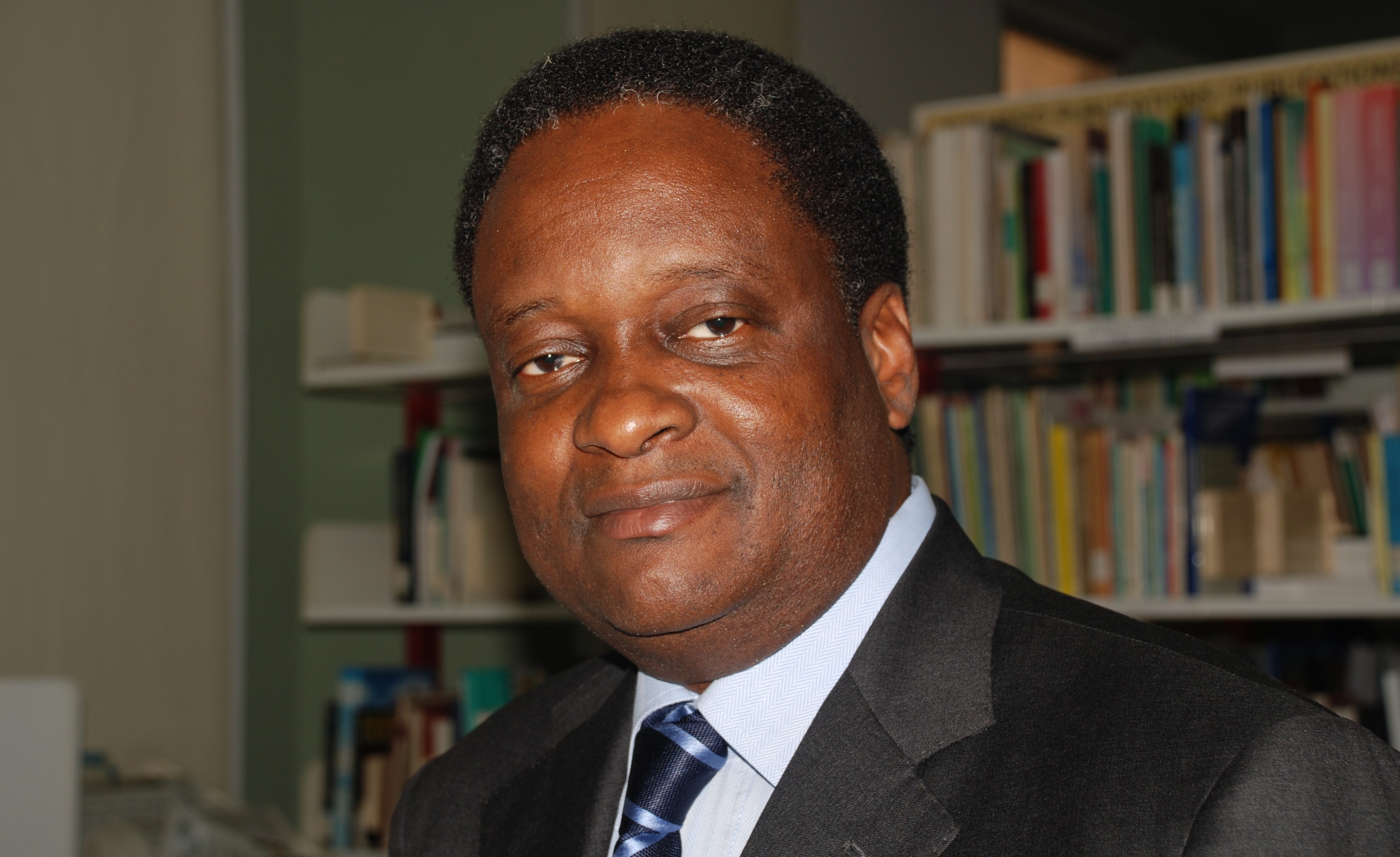Interview-Covid-19: "Africa Must Adapt its Response...", Dr. Pierre Mpélé, Epidemiologist
- Posted on 13/03/2020 00:00
- Film
- By stephaneogou@gmail.com

Extract from the article: The coronavirus Covid-19 pandemic is taking its time but progressing across the African continent. Today, 12 African countries are affected, and we are already recording the first deaths. Covid-19 and the African response seen by an...
The coronavirus Covid-19
pandemic is taking its time but progressing across the African continent.
Today, 12 African countries are affected, and we are already recording the
first deaths. Covid-19 and the African response seen by an epidemiologist from
the continent in this article from Health-Education. Dr. Pierre M’PELE, MD,
MPH, PhD, Specialist in public health, epidemiology, and tropical diseases,
Former WHO Representative, Former Regional Director of UNAIDS for Central and
West Africa sheds some light on Covid-19.
"The Covid-19 infection is a global public health problem, a serious medical issue that deserves a global response to address the pandemic, now declared somewhat belatedly by the WHO, but action must be taken, both individually and collectively." Dr. Pierre M’PELE, MD, MPH, PhD, Specialist in public health, epidemiology
The
coronavirus Covid19 is said to have both mild and more severe forms! Can you
explain?
What we know today is that
Covid19 infection is most often asymptomatic or simply marked by a mild
flu-like syndrome, characterized most often by a cold, cough, body aches, and
fever in about 75% of cases. In around 15% of cases, the infection presents as
a flu-like syndrome with moderate lung involvement, and in 10%, it presents in
a severe form with severe lung involvement, most often occurring in people over
70 years old and associated with comorbidities such as diabetes, cancer,
immunosuppression, etc.
Can
all these forms be detected?
Yes, clinical signs and
patient history or interview draw the attention of the doctor or healthcare
professional. A laboratory test confirms the presence of Covid19, with samples
taken from the nasopharynx. Results can typically be obtained within 4 hours.
The
disease spreads more slowly on the African continent. How do you explain this?
It's a noteworthy
observation and a clear impression that Covid19 is not spreading rapidly in
Africa. Exchanges have occurred between Africa and China, with many Chinese
nationals, including those from the Wuhan region in China, entering Africa
during the "silent" period of the epidemic, between November 2019 and
late January 2020.
We observe that most cases
reported in Africa are imported, meaning they come from countries experiencing
epidemics, and tracking their African contacts has not yet shown rapid spread
of the virus as seen in China or currently in Europe, where one contact case
can infect up to 3 people. However, in Africa, this could lead to several
contacts because "we like to touch" and "our communal
living" can put us at high risk.
Epidemiologists,
virologists, and infectious disease specialists in Africa need to join forces
and mobilize to fight this epidemic. Targeted surveys in high-risk groups
(hospitalized patients in pulmonary, hospital emergency, and infectious disease
services, for example) are needed to assess the circulation of the virus in
Africa.
At the end of 2019 and the
beginning of 2020, West Africa experienced a wave of flu-like syndromes,
perhaps related to the "Harmattan" season. What do you say? Simple
seasonal flu or already the presence of coronavirus. "The current heatwave
prevents us from catching colds and sneezing..."
In Africa, we need a
response based on epidemiological and scientific evidence and, of course,
taking into account our experiences in preparation for and response to recent
epidemics such as Ebola, Zika, Lassa, and why not the HIV/AIDS pandemic, for
which Africa has borne and still bears the heaviest burden.
You
who coordinated the fight against HIV/AIDS in Africa, do you think Africa is
ready to respond to Covid19?
Africa is not ready, but it
must be ready. Health systems in the majority of African countries are fragile
and would struggle to cope with a massive Covid19 epidemic. "Water and
soap are sometimes scarce commodities and yet are fundamental to risk
reduction."
It is therefore very useful
to make the right decisions at the right times, to implement response measures
without always relying on others who are themselves currently very affected, as
is the case in Europe.
In
your opinion, what urgent measures should African governments take to reduce
the risks of contagion?
Make political decisions
based on scientific evidence from current knowledge, be flexible, and adapt
according to the evolution of the problem.
· Avoid strategies that go against human
rights and are counterproductive, such as stigmatization, discrimination, fear,
and threats, like recent decisions by US President Donald Trump. This also
means that WHO as the global health authority and the world's government
leaders have a huge responsibility to prevent the world from descending into
chaos with economic implications and especially concerning freedoms,
· Put African health
professionals on the front lines by raising awareness, training, and equipping
them so that they can assume their responsibility,
· Develop and implement
coherent response plans against the epidemic in Africa according to WHO
guidance, including funding, ensuring the availability of prevention amenities,
and the means of diagnosis and patient care. Ensure that populations are
informed so that they are not only the targets of response strategies but also
the actors in responding to this pandemic.
In Africa, Covid19 can be
prevented and is within our reach; we can draw from the Chinese experience and
adapt our response by leveraging our values, culture, customs, and traditions.
It is the responsibility of everyone here in Africa and elsewhere in the world.
Interview
conducted by Raymond DZAKPATA




